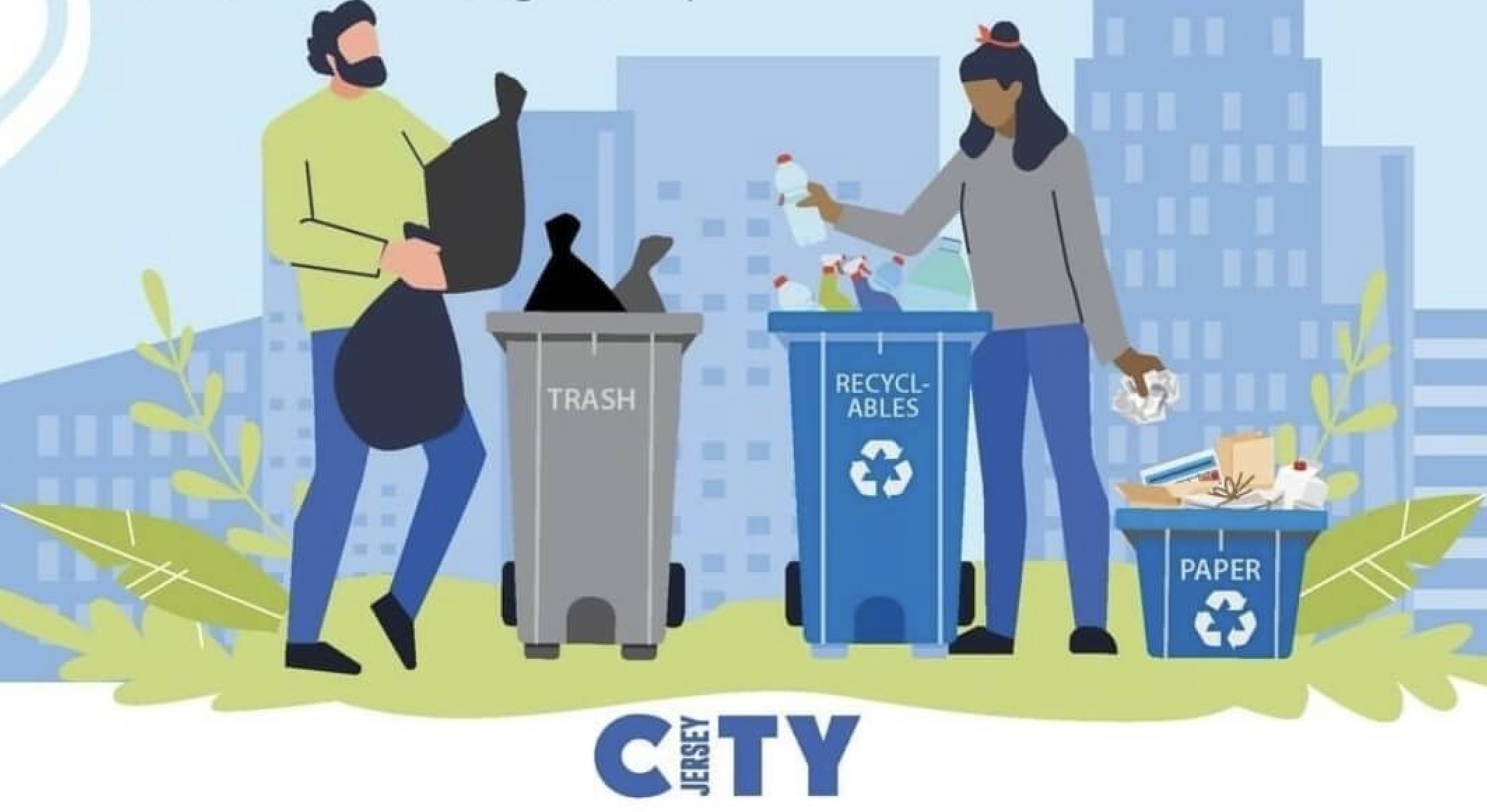WHY RECYCLE?
We can reduce our waste and energy consumption by recycling. According to the New Jersey Department of Environmental Protection (NJDEP):
recycling. According to the New Jersey Department of Environmental Protection (NJDEP):
- Recycling results in reduced emissions of air and water pollutants.
- Recycling reduces the need for mining and drilling, both of which cause air and water pollution.
- Manufacturing with recycled materials, with very few exceptions, produces less air and water pollution than manufacturing with virgin materials. It results in a net reduction for ten major categories of air pollutants (such as nitrogen oxide, particulates, and sulfur oxides) and eight major categories of water pollutants.
- Recycling leads to reductions in greenhouse gas generation by saving energy needed to extract natural resources, by increased forest carbon sequestration (through the saving of trees), by using less energy in manufacturing and by reducing the amount of waste burned or buried.
- On average, approximately 1.67 metric tons of Carbon Dioxide (CO2) equivalents are avoided for every ton of municipal solid waste recycled.